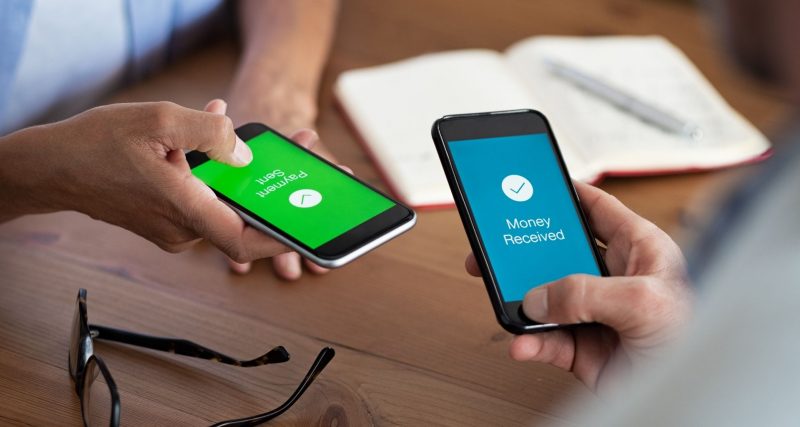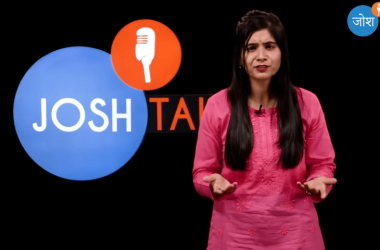With an increase in online transactions and internet banking usage, cyber-attacks are becoming perilous than bank robberies. The recent coordinated digital attack on Cosmos Bank has left everyone worrying about their money. A huge sum of money, approximately INR 94 crore, was illegally withdrawn with cloned debit cards through numerous ATM transactions. Innovative thieving!
“Using a private/virtual browser and secure connections that start with HTTPS:// for transactions will enhance financial security. They are designed to offer safe online banking and prevent cookies and credentials from being stored. Besides, it is important to make sure you log out of the page once you have completed the transaction for further safety.”
Abhishek Soni, CEO and Co-founder, Upwards
Online transactions pose certain risks of a cyberattack but with these safety precautions, you can avoid unauthorized access to your account.
ADVERTISEMENT
Here’s how you can avoid cyber-attacks during online transactions:
1. Don’t Save Cards While Shopping Online
Many of us save debit/credit card details on merchant websites, computers, or laptops for quicker payments in the future. However, try to avoid this practice and delete your card information as soon as you have completed your online purchase.
2. Don’t Share Your Passwords
Password of your internet banking accounts is one other important factor in online transactions. With a password that is easy to guess, you are only inviting cyberattacks. Set a complicated password and keep changing it regularly.
ADVERTISEMENT
Apart from this, don’t share your passwords with anyone. If someone calls you and imitates as a bank official to ask your password or pin, do not share any information! Instead, contact your bank immediately to inform about the fake calls.
3. Don’t Access Unknown Messages or Emails
Before you click on any unknown message or email that is similar to what your bank might send, check its email address. If the email address seems unusual or has spelling errors, delete the message right away.
Tip: Install a good antivirus software that will protect you from online fraud. This software will track every malicious activity on your computer.
ADVERTISEMENT
4. Use One-Time Password Instead
During online payments, you may get an option to either key in your secure password, ATM pin or OTP. Given a choice, always choose two-factor authentication, which means both password and OTP. If you don’t have that option, then go for OTP authentication.
Note: OTP is beneficial only if you never share it with anyone. Sometimes, a person may call you posing as a bank official and he may ask for OTP. Refuse to comply and contact your bank immediately.
5. Use Private Window for Transactions
Always log out after completing online transactions and use a private/virtual browser for increased financial security. These are designed to offer safe online banking and can prevent cookies and credentials from being stored.








